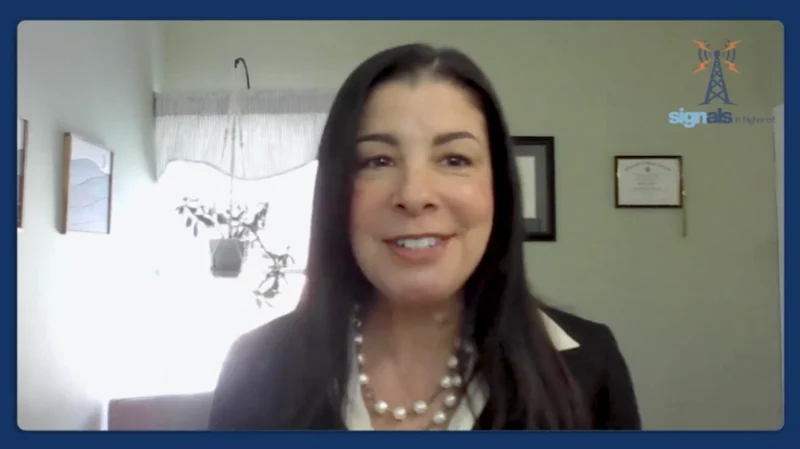COVID-19 Education Research Report Looks Into Student Sentiment Towards Remote Learning
New research released today by Mathspace, a leading adaptive math platform, indicates three in four students are concerned about contracting COVID-19 this fall. The report also covers students’ sentiment towards remote learning and online tools.
“Survey results show that students are acutely aware of the threat that COVID-19 poses to their well-being, which prompts the question: As key stakeholders in any return to school plans, should students not have a greater voice in this discussion?,” said Daniel Tu-Hoa, SVP of Mathspace North America. “While many experts and stakeholders are weighing in on policy decisions around schools reopening, students’ voices have been largely absent from discussions impacting their health and education.”
From the report:
“In a short space of time, the coronavirus pandemic has reshaped K-12 education in America. As schools get ready to return for the fall, teachers are preparing for a very different type of school year. Mathspace recently conducted two research surveys, with 203 teachers and more than 5,000 students. Respondents were asked about their experiences with distance learning and their feelings about returning to the traditional brick and mortar education system.
With many experts and stakeholders weighing in on policy decisions around school reopening, it is surprising that students’ voices have been largely absent from discussions impacting their health and education. This is a large-scale piece of student research, which has focused specifically on student sentiment towards their return to the classroom, and their feelings around learning math remotely. The key finding of this report is that the majority of students are concerned about returning to school this fall out of fear of contracting COVID-19.
We found that students in states with a higher incidence of COVID-19 had greater concerns about returning to school. This shows that students are acutely aware of the threat that COVID-19 poses to their well-being. As key stakeholders in any return to school plans, should students not have a greater voice in this discussion?
The distance learning experience was not entirely positive for students, with 77% saying they are concerned that they will not be academically prepared for this school year. This was also reflected in our teacher survey, where 89% of teachers shared the same concerns about students’ academic readiness for the fall.
This sentiment echoes broader industry concerns about the “COVID-19 slide” – the regression in student learning that is predicted to result in negative impacts on outcomes. An NWEA report cites that these learning deficits are likely to be larger in math than in reading, with students starting the school year as much as one full year behind in math.
The difficulty of remote learning in math, compared with other subjects, is reflected in our student survey, with almost half of students finding that math is harder to learn remotely than other subjects, citing reduced feedback and support as a major factor. This effect is exacerbated for complex mathematics, with high school students twice as likely to find math more difficult in distance learning compared to their elementary peers.
Unsurprisingly, the majority of students definitively rejected the idea that online learning tools could replace their teachers, with 74% of students affirming teachers’ central role in learning. Beyond learning, the school environment provides much more for students. Respondents cited connection with friends and classmates as being the most important factor they missed about being at school.
The results of this report pose important questions for education administrators and policy makers:
– How will we ensure students’ voices are better heard and reflected in decisions that impact them?
– What changes will we make in the implementation of distance learning to ensure that students don’t fall further behind in 2020-21, particularly in mathematics?
– How will we better support remote teaching and learning of middle and high school math?
This report provides a starting point for these important discussions.









